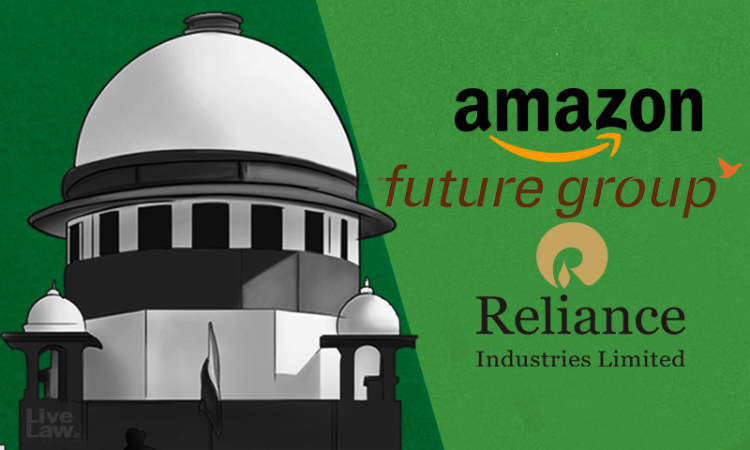Is Emergency Arbitration Award Enforceable Under Indian Law? Amazon, Future Retail Argue In Supreme Court
Mehal Jain
28 July 2021 9:00 PM IST

Next Story
28 July 2021 9:00 PM IST
"How do you get over the specific words 'and from no others' in section 37, Arbitration Act?", the Supreme Court on Wednesday asked Future Retail on its plea that its appeal before the Division Bench of the Delhi High Court was maintainable.The bench of Justices Rohinton Nariman and B. R. Gavai was hearing Amazon's challenge to an order dated March 22 passed by a Division Bench of the Delhi...
